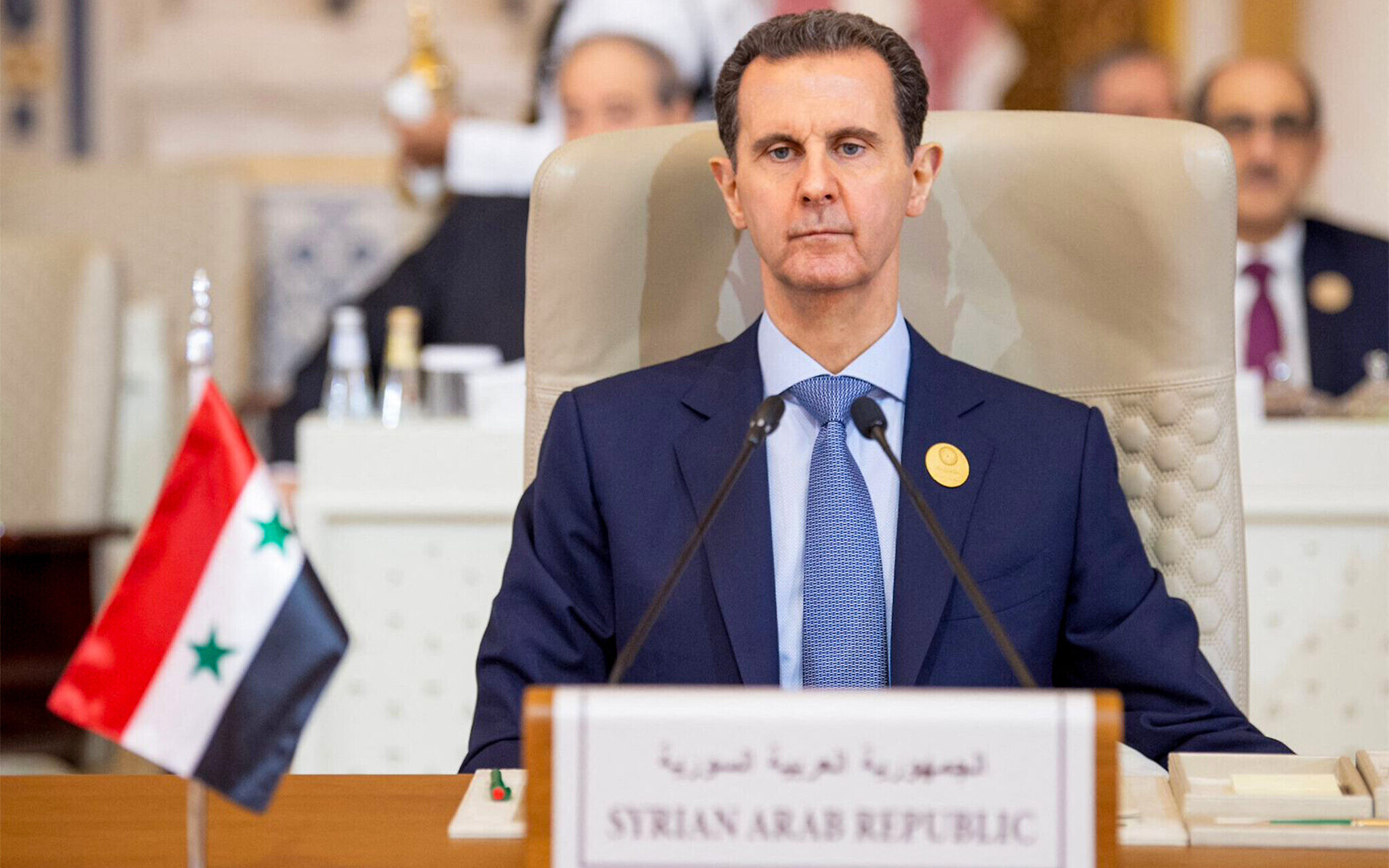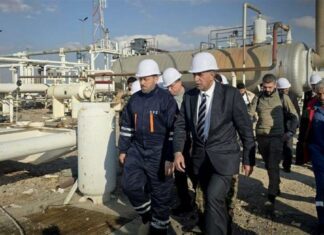
Revelations following the collapse of Bashar al-Assad’s regime have unearthed troubling allegations of covert collaboration between regime intelligence and Israel, coupled with a deepening understanding of the regime’s historical oppression of Palestinians. These developments have shattered the regime’s longstanding claim to champion the Palestinian cause and oppose Israeli aggression, as part of the “Axis of resistance” exposing duplicity in its alliances and actions.
In the wake of the Assad regime’s ouster, prisons have been opened, leading to the liberation of numerous detainees, including Palestinians who had been imprisoned for decades under the regime. This has brought new hope to families long searching for information about their loved ones.
Among those freed was Ibrahim Freihat, a Palestinian taxi driver arrested 17 years ago while traveling the Amman-Damascus-Beirut route. His family, based in al-Yamun village near Jenin in the West Bank, endured years of extortion attempts by crooked regime intermediaries for information about his whereabouts. Freihat’s son Walid shared, that credible details only emerged after paying $1,500 to an Assad officer.
In another case, Bashar Yahya, who had been imprisoned since 1985, was released from Sednaya Prison after 39 years. His family, overjoyed by his return, recounted their anguish over decades of uncertainty. Palestinians like Yahya and Freihat represent just a fraction of those detained, and efforts are ongoing to account for missing individuals, many of whom were affiliated with Palestinian factions or accused of opposing the regime.
Amid the celebrations surrounding the prisoners’ release, leaked documents have painted a far more complex and damning picture of the Assad regime’s supposed resistance to Israel. The alleged documents, bearing regime intelligence stamps, detail covert communications between Assad and Israeli officials.
One letter reportedly conveyed Israeli warnings to curb Iranian and Hezbollah activities within Syrian territory. Communications from an operative, code-named “Moses,” relayed threats of retaliation if Assad’s government failed to prevent Iranian military movements or Hamas rocket launches from the Golan Heights.
Another document outlined the regime’s intelligence’s alleged role in facilitating Israeli military strikes against Iranian assets. An Israeli warning highlighted the risks of aiding Hezbollah’s air defense systems, framing such actions as “detrimental to Syrian military stability.”
The revelations of Assad-Israeli collaboration are particularly jarring given the Assad regime’s self-styled image as a “defender of the Palestinian cause.” For decades, the regime cultivated an aura of opposition to Israeli occupation, using its alliances with Iran and Hezbollah to bolster this narrative.
However, these documents indicate that the regime actively engaged in intelligence sharing and operational coordination with Israel, contradicting its professed support for Palestinian liberation. Critics argue that Assad exploited the Palestinian cause to mask the systemic oppression of Palestinians living under his rule and justify authoritarian control.
Iran, a staunch ally of the Assad regime, faces an uncertain future in liberated Syria. Tehran has emphasized its commitment to maintaining relations but has tied its support to Syria’s distance from Israeli influence. Iranian officials have underscored the importance of Syrian sovereignty and the need for any new government to remain aligned against Israel.
Fatemeh Mohajerani, an Iranian government spokesperson, stated, “The Syrian people should decide their own fate, and their distance from the Zionist regime will be a key factor in our ongoing relations.”
As Syria enters a transitional phase, the revelations of the Assad regime’s actions present an opportunity for accountability and transparency. Palestinian families continue to search for answers about loved ones who disappeared under Assad’s rule, while questions remain regarding the implications of the regime’s alleged collaboration with Israel.
The dismantling of the Assad regime’s propaganda and the liberation of detainees signify a turning point for Syria and Palestine, offering a chance to rebuild alliances based on genuine resistance to occupation and justice for decades of systemic oppression.








